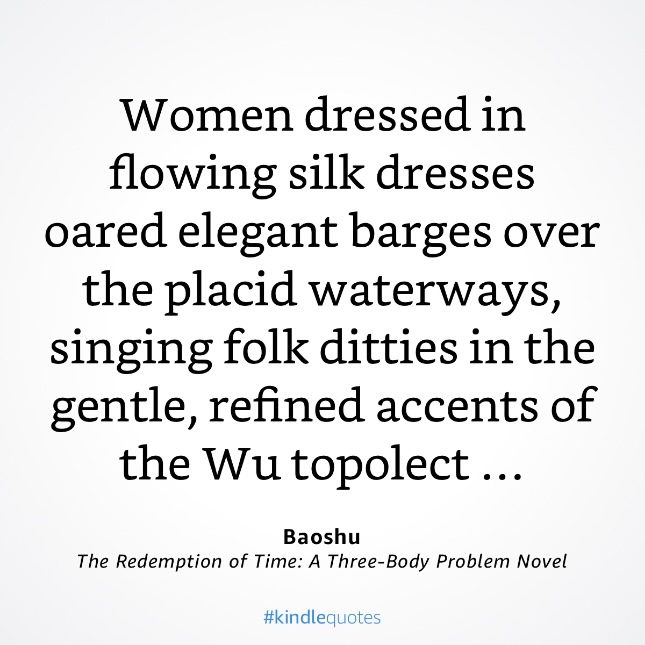Is monolingualism a normal, natural, necessary state of affairs for human beings?
Can you imagine a world in which there were only one language? How is that even possible?
These are questions that come to mind after reading Gina Anne Tam's deeply thought provoking "Mandarin Hegemony: The Past and Future of Linguistic Hierarchies in China", pulse (4/18/24).
Tam begins with a gripping, hard-hitting scene that we at Language Log were already well aware of last fall: "Speak Mandarin, not Cantonese, even in Macau" (10/31/23). Here are the opening paragraphs of her article:
At a concert in Macau in the autumn of 2023, Cantopop superstar Eason Chan used an interlude to talk about his songwriting process. Suddenly, shouts from the audience interrupted his soliloquy, as a few fans demanded that he shift from speaking in his native Cantonese, the majority language in Macau, to Mandarin, the Chinese national language. Chan stopped and quickly launched into a multilingual lecture, reprimanding those who deigned to tell him what to speak. In English, Cantonese, Mandarin, and Thai, he defended multilingualism for the freedom it grants: ‘I love speaking in whatever way and language I want’ (Huang 2023).
Read the rest of this entry »
